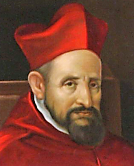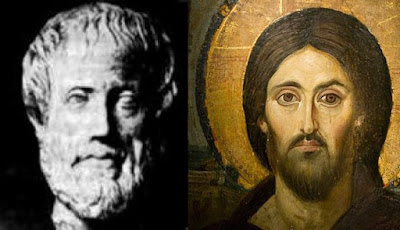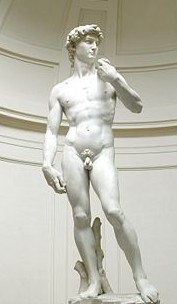Saint Robert Bellarmine on the Last Day

On the last day, when the general examination takes place, there will be no question at all on the text of Aristotle, the aphorisms of Hippocrates, or the paragraphs of Justinian. Charity will be the whole syllabus. — St. Robert Bellarmine ______________________________________ Prayer for St. Robert Bellarmine’s Intercession Almighty ever-living God, who adorned the Bishop Saint Robert Bellarmine with wonderful learning and heroic virtue to vindicate the faith of your Church, grant, through his intercession, that in the integrity of that same faith your people may always find joy. Through our Lord Jesus Christ, your Son, who lives and reigns together with you and with the Holy Spirit, one God, for ever and ever. Amen.






